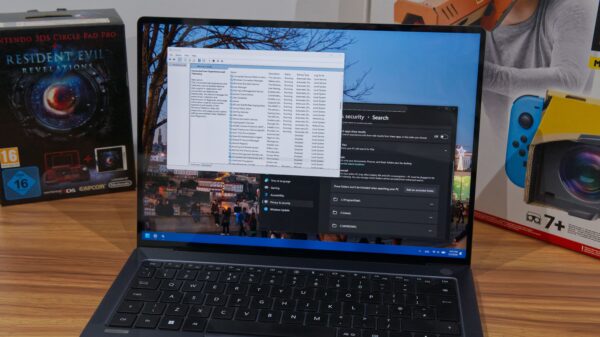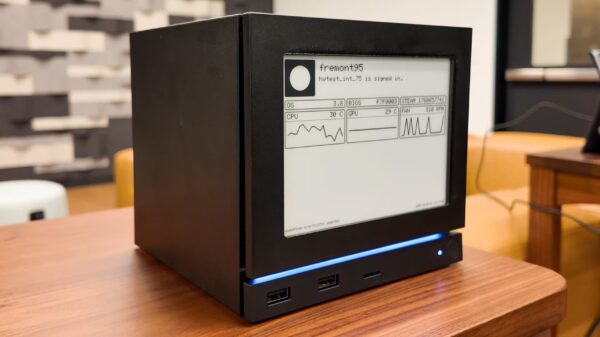The University of Texas at El Paso (UTEP) has received a substantial grant of $500,000 from the U.S. Nuclear Regulatory Commission to enhance cybersecurity for nuclear power plants using innovative artificial intelligence (AI) technologies. This initiative aims to address the escalating threats posed by cyber warfare in a sector where security is paramount.
Leading this ambitious project is Sajedul Talukder, Ph.D., an assistant professor of computer science at UTEP, alongside Syed Bahauddin Alam, Ph.D., from the University of Illinois Urbana-Champaign. Their collaborative effort is focused on developing advanced AI solutions to fortify defenses against cyber threats targeting nuclear facilities.
Innovative Cybersecurity Strategies
One of the core innovations proposed by Talukder involves transforming traditional plant network defenses. Instead of relying on a single perimeter defense, the project envisions a multi-layered security approach. Each device and system within the nuclear facility will have its own distinct line of digital defense, akin to an onion’s layered structure. This method significantly complicates the ability for potential attackers to navigate within the system if they breach the outer defenses.
Talukder’s team is also implementing an AI-driven monitoring system that will operate in real-time to swiftly detect and respond to suspicious activities. Additionally, a virtual replica of key systems within a nuclear plant will be created to test and strengthen defenses against both current and emerging cyber threats.
Talukder emphasized the importance of this proactive approach, stating, “Together, these innovations shift nuclear cybersecurity from being reactive — waiting for attacks to happen — to being proactive. It’s an intelligent shield that adapts and evolves as quickly as the threats themselves.”
Impact on Education and National Security
This project represents a significant leap forward in addressing cybersecurity challenges, placing UTEP at the forefront of efforts to combat increasingly sophisticated cyber attacks that could threaten national security. Beyond its research and development goals, the grant will also serve as a vital training ground for future cybersecurity professionals. It will create opportunities for undergraduate and graduate students to engage in hands-on AI research, equipping them with invaluable skills for a competitive job market.
Ken Meissner, Ph.D., dean of the UTEP College of Engineering, highlighted the broader implications of the grant. He noted, “For UTEP, this award places the University among an elite group of institutions helping to define the future of nuclear security and highlights our growing contribution to solving one of the nation’s toughest problems.”
As UTEP embarks on this critical initiative, the collaboration between academic institutions and regulatory bodies underscores the importance of innovation in safeguarding essential infrastructure. The advancements in cybersecurity achieved through this project could set a precedent for future endeavors in protecting vital systems against the backdrop of an increasingly digital world.








































































